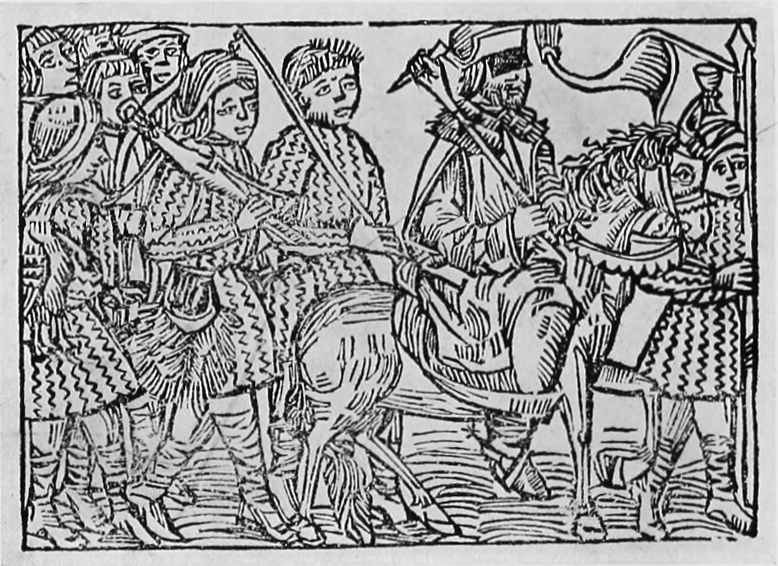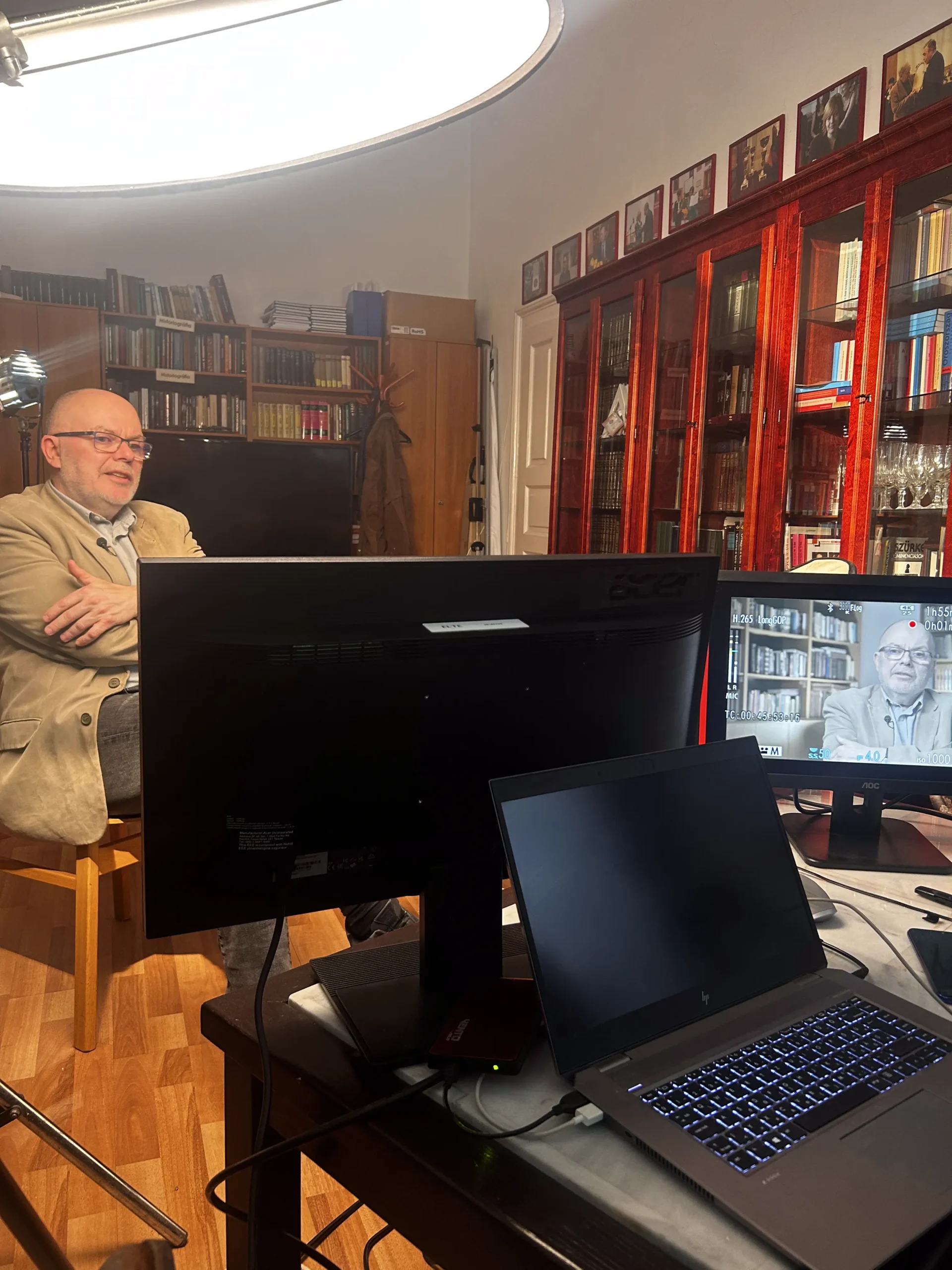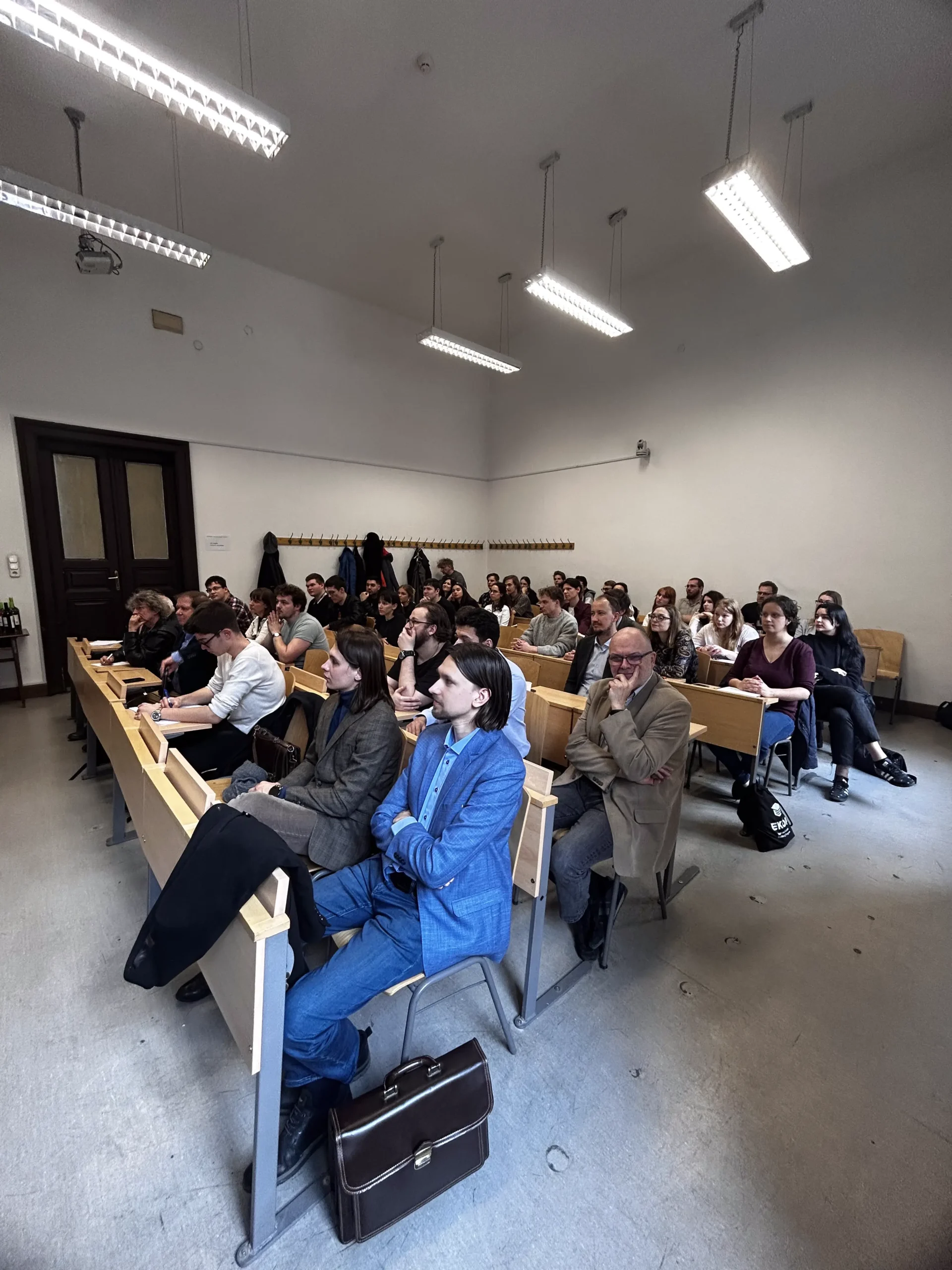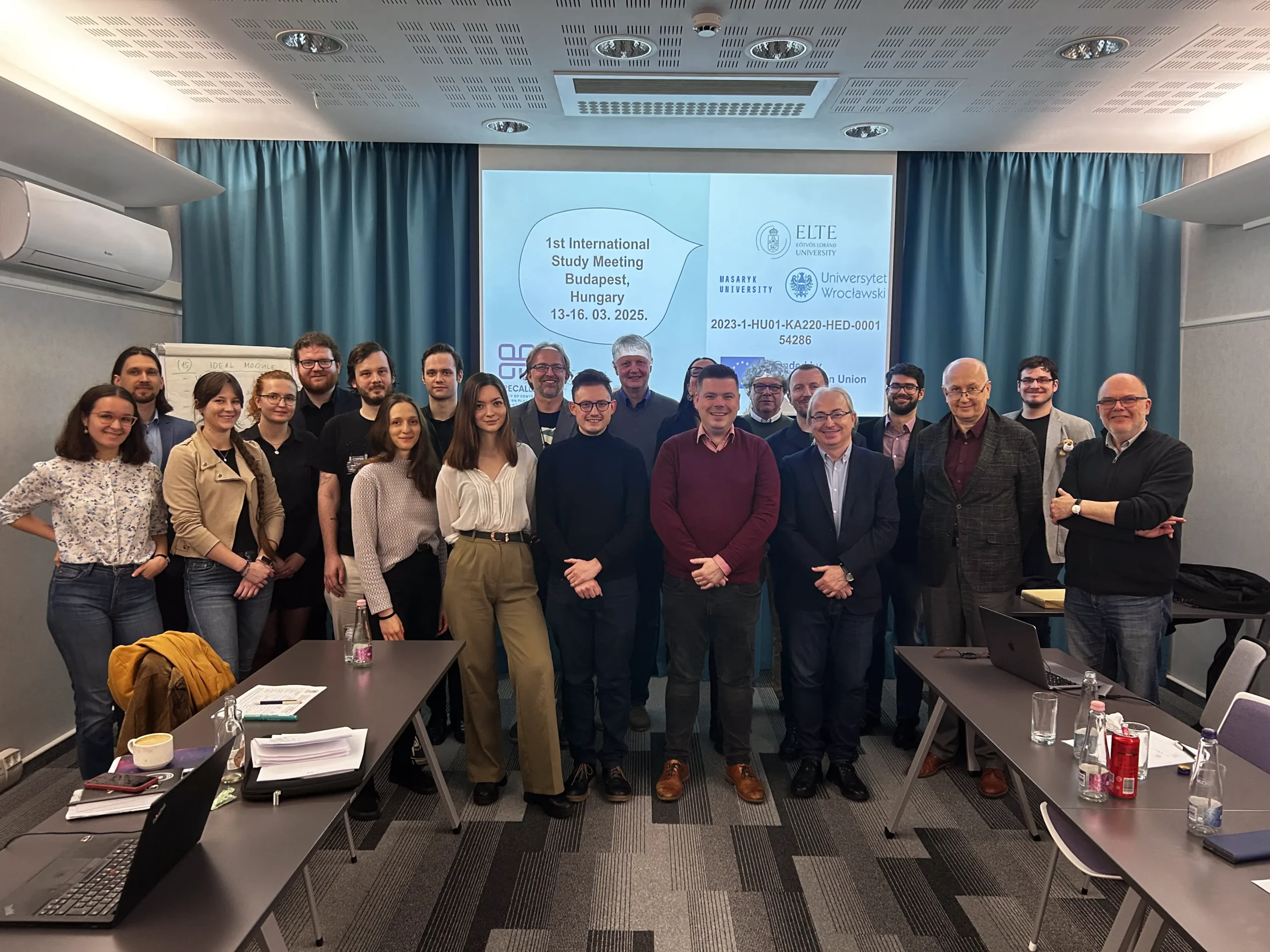Žižka and Radical Hussitism – Trocnov
Fact of the Czech figure „Religion and violence”
Part of the „Religious tolerance and intolerance” topic
Since the 19th century, Jan Žižka was the embodiment of the struggle for Truth and against German element in the eyes of Czech patriots. As a member of the minor nobility, Žižka gained military experience in royal service and within raiding bands. From the time of the First Prague Defenestration (1419), he was among the foremost Hussite leaders, earning renown through victories in anti-Hussite campaigns.
As a military leader, Žižka was innovative and was able to defeat the flower of European chivalry. This is reflected in many of Žižka’s monuments, including those in Sudoměř (1925), the site of the first Hussite victory, and also in his native Trocnov (1958-1969), which depict him as a warrior. However, at the turn of the 19th and 20th century, the then popular writer Alois Jirásek portrayed Žižka as a defender of God’s law, seeking to have the Catholic Church respect the Hussite faith.
According to medieval sources, the following is reported. In the Old Bohemian chronicles, Žižka is regarded as a „scourge” to the Catholics. The monasteries in Roudnice (1421), Turnov (1424) and numerous others were pillaged by his troops, resulting in the deaths of their inhabitants. Similarly, the priests suffered the same fate following the surrender of the fortress of Říčany (1420). It seems probable that Žižka justified his campaigns against the heretical Picarts at Příběnice or the Adamites at the fortress of Ostrov u Nežárky on the grounds of striving for purity of faith. The burnings do not indicate a capacity for tolerant attitudes.
It is, therefore, challenging to comprehend Jan Žižka within the context of modernity. Was the renowned military commander genuinely convinced, as written by his contemporaries, that he alone represented the genuine faith and that those who espoused opposing beliefs could only be suppressed through the use of force?





